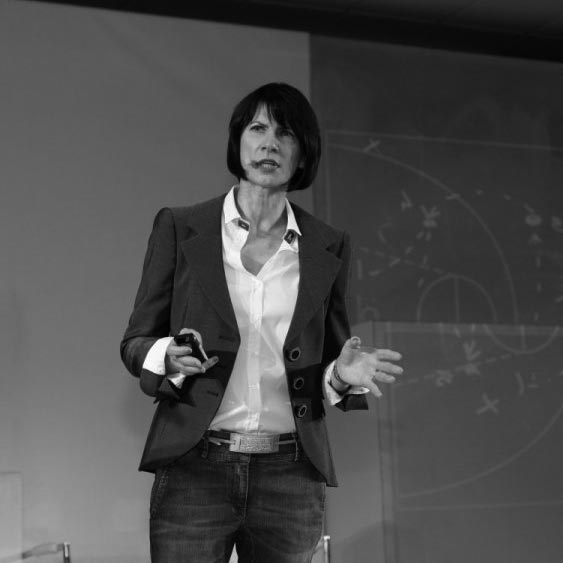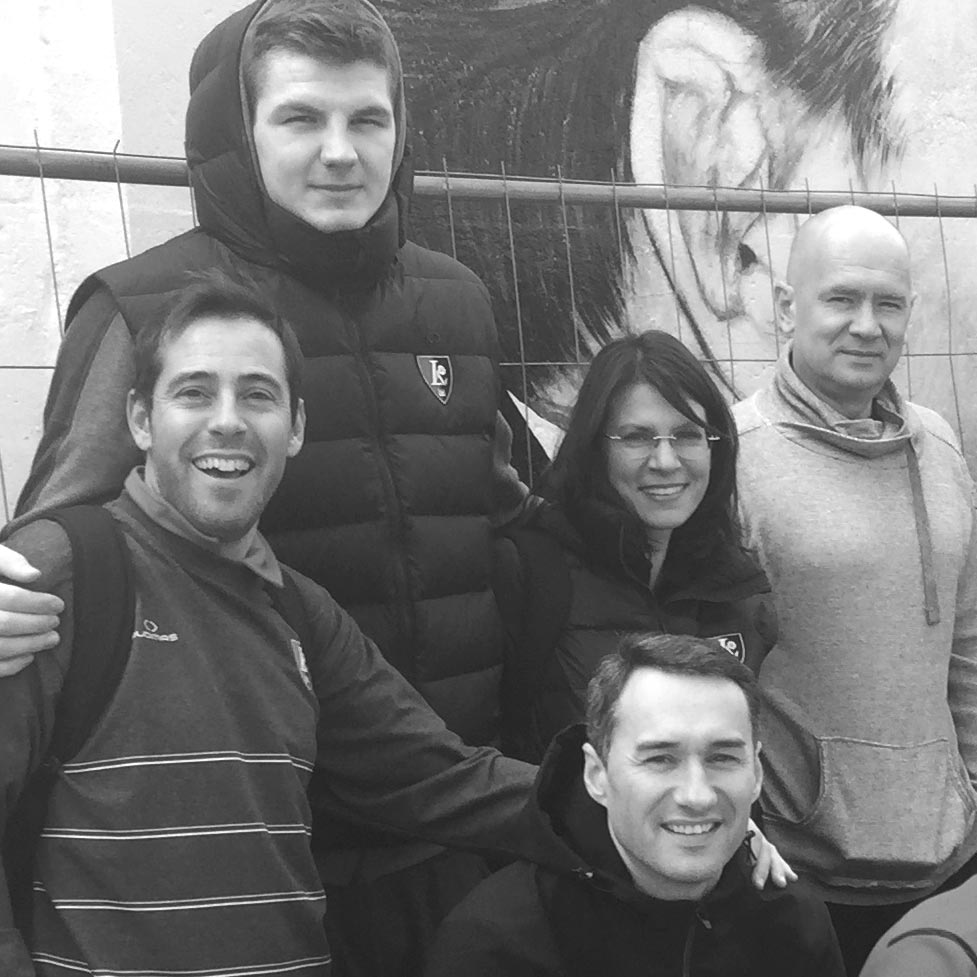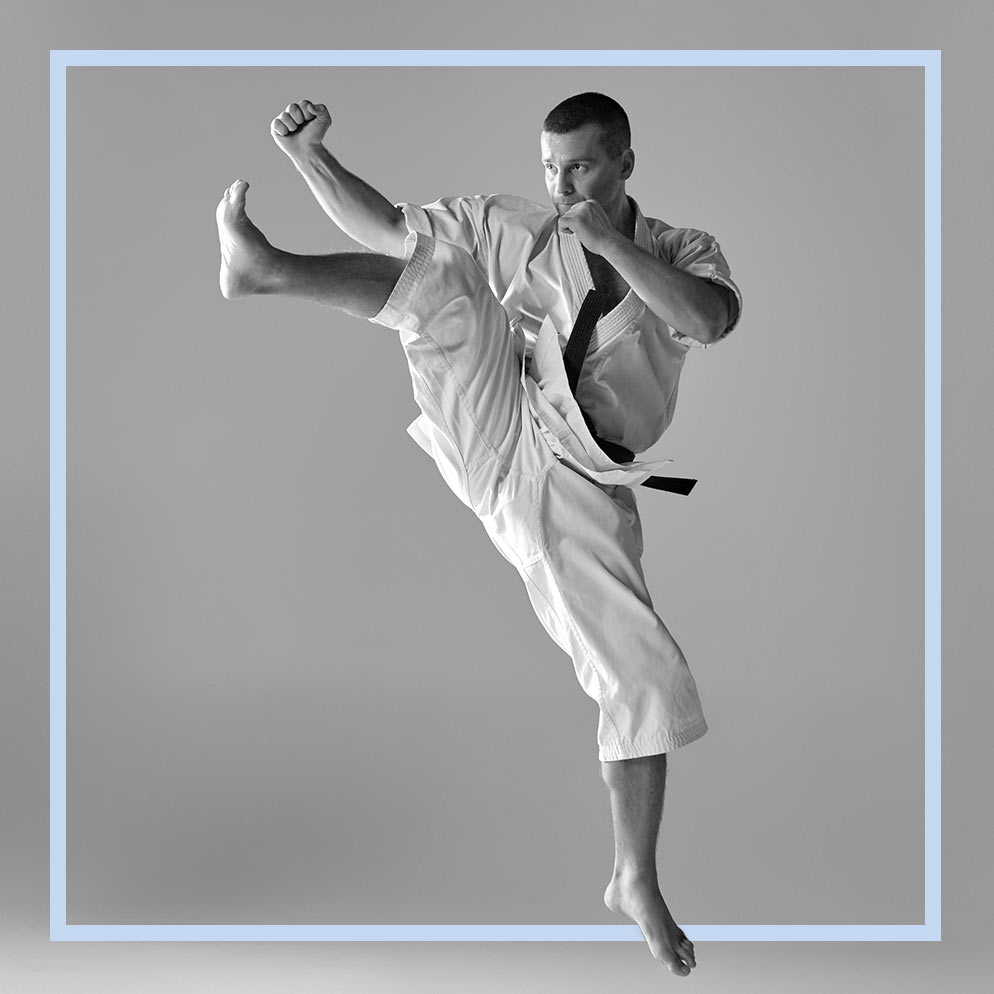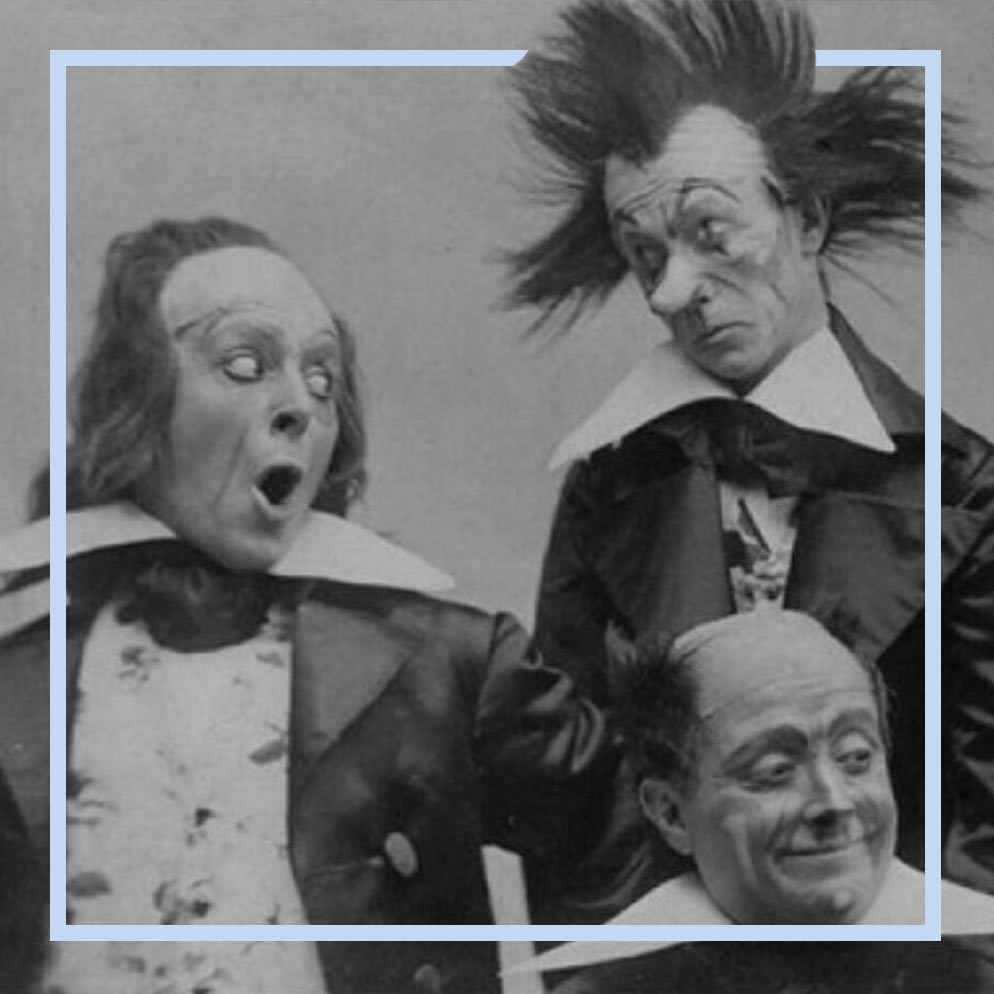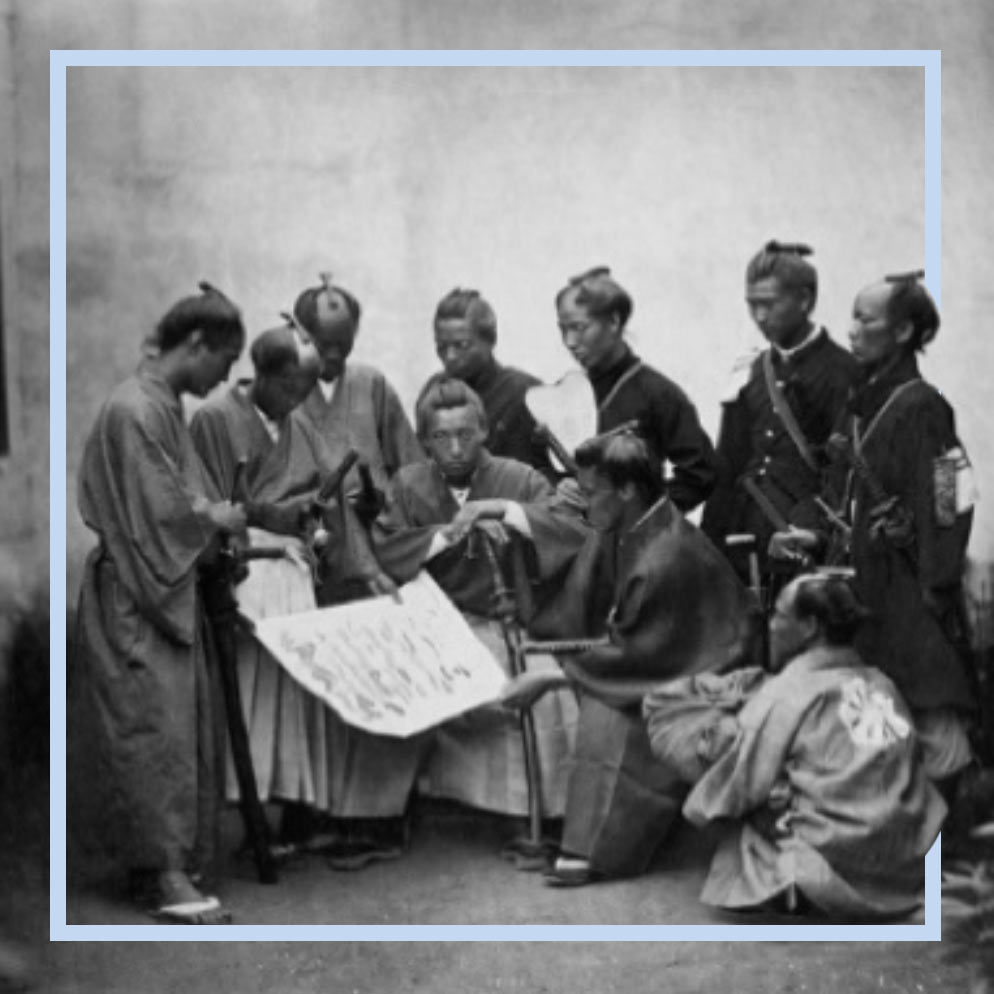As symbolic as it might seem, the origin of sports comes from war. War needs great warriors and sports needs great athletes. Around the 8th century, BC Homer spoke about a society that celebrates heroism and competitive spirit. People especially tended to worship great warriors and their fighting skills and athleticism. In ancient times, an athlete had only one goal to achieve „Nike“- his victory. Victory gave the only satisfaction to athletes because it was the only thing that represented the human’s physical and moral capabilities. Today, all the experiences of an athlete cover a much wider range of elements. These elements include time, being in the moment, one‘s will, faith, anxiety, self-belief, the ability to self-challenge, regenerate physically and mentally and be in a team. These elements of a human being play a huge role not only in sports but also in everyday life. You only need to identify and understand them.
In everyday life, sports psychology is a concept. Psychology in life is an everyday sport.
Take care of yourself. Take care of your soul and body. The earlier, the better. Our life is a one-way path. We always run THERE. Some people run behind us while some in front of us. Some people outrun us while some are outrun by us. However, in the end, everyone sooner or later will reach the same destination and the biggest loss – death.
How much does an athlete chooses to be conscious and have a clear intention to be more than his particular sports field – be more than just an athlete? I am talking about the whole life of an athlete, not only his 10-20-30 professional years in sports, where all of his physical and mental reserves are drained to zero. Keeping in mind all the significant salaries and million-dollar contracts, a person is left with nothing apart from these things after his professional career as an athlete. Mental muscles need to be trained as well and everyone needs to develop their spiritual spine. It’s a precious thing when one is aware of that. For instance, Andrés Iniesta, a central midfielder in a Spanish national football team graduated biology studies; the basketball coach David Blatt graduated in English literature; the Brazilian footballer Sócrates was a pediatrician; the retired NFL player Myron Rolle became a neurosurgery resident; the NBA legend Steve Nash was awarded an Honorary Doctor of Laws degree by the UVic; another NBA player Pau Gasol graduated from Barcelona’s medical school. There are way more examples where athletes invest in themselves as people, as thinkers and as intellectual human beings.
My practice shows that in the long run, people who achieve greater in sports are those who have patience, consistency, self-respect, respect to others and those who calmly invest in their intellectual and mental states. Usually those who are kind, humble, emphatic and healthy-minded succeed or get lucky. More often, those are the ones who develop healthy relationships with coaches, administrations, federations, staff and fans.
Unfortunately, the majority of people want things to come now and fast. Psychological strength is not fast food. In order to develop psychological strength, one needs to “eat healthy”, “chew long and slow”. Otherwise, disappointment comes and opens up a broad range of destructive things, such as fear, anxiety, anger, jealousy, guilt and shame. There is nothing more disturbing than frustration. Without consciousness and clear intention, there will be NOTHING ELSE. The will of wanting to be more than an athlete is the tragedy of life or the comedy of life- depends on the way you look at it.


